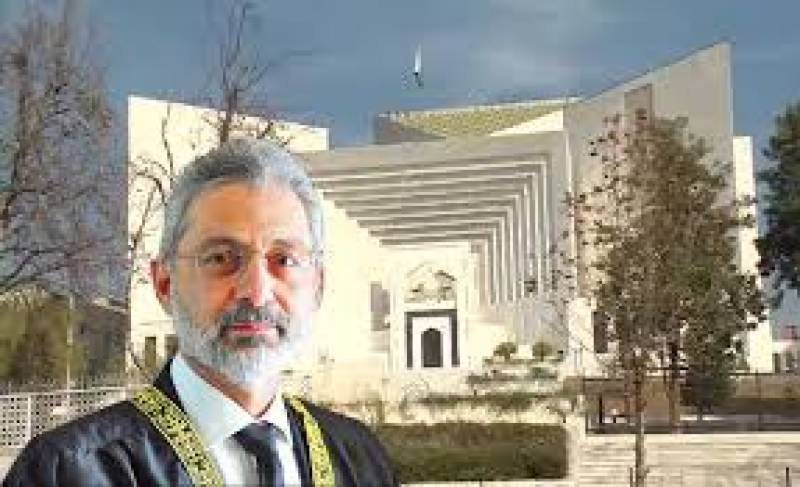SC makes important decisions on appointment of judges
Shares

The Supreme Court has issued a decision on the appointment of judges in the higher judiciary. The Supreme Court has emphasized that the independence of the judiciary is of fundamental importance for the functioning of the country's constitution.
The powers of all three branches of the state are clear in the constitution, and the principle of seniority is a fundamental part of the civil service promotion committee. According to the decision, promotions can only be made based on seniority. Merit and eligibility are fundamental aspects of promotions and appointments.
The assessment of seniority is done at the time when merit, eligibility, and all applicants are equal. The merit system underlines the opportunity for qualified and eligible individuals to advance. The decision states that judges in the Judicial Commission, established for appointments, hold equal importance.
The parliamentary committee cannot review the recommendations of the Judicial Commission. The skills of the members of the parliamentary committee are different from the Judicial Commission members, whose task is to assess the eligibility and capability of nominated judges.
According to the decision, both the parliamentary committee and the Judicial Commission can work within their respective limits. The parliamentary committee's decision cannot be based on assumptions or personal preferences. The parliamentary committee can either accept or reject the names of judges recommended by the commission and cannot send the commission back.
Courts should respect past decisions. The Supreme Court has dismissed the appeals against the Peshawar High Court's decision. The parliamentary committee had directed the Judicial Commission to assess recommendations in accordance with seniority principles.
The Peshawar High Court had declared the parliamentary committee's recommendation as void, a decision that the Supreme Court has upheld.
